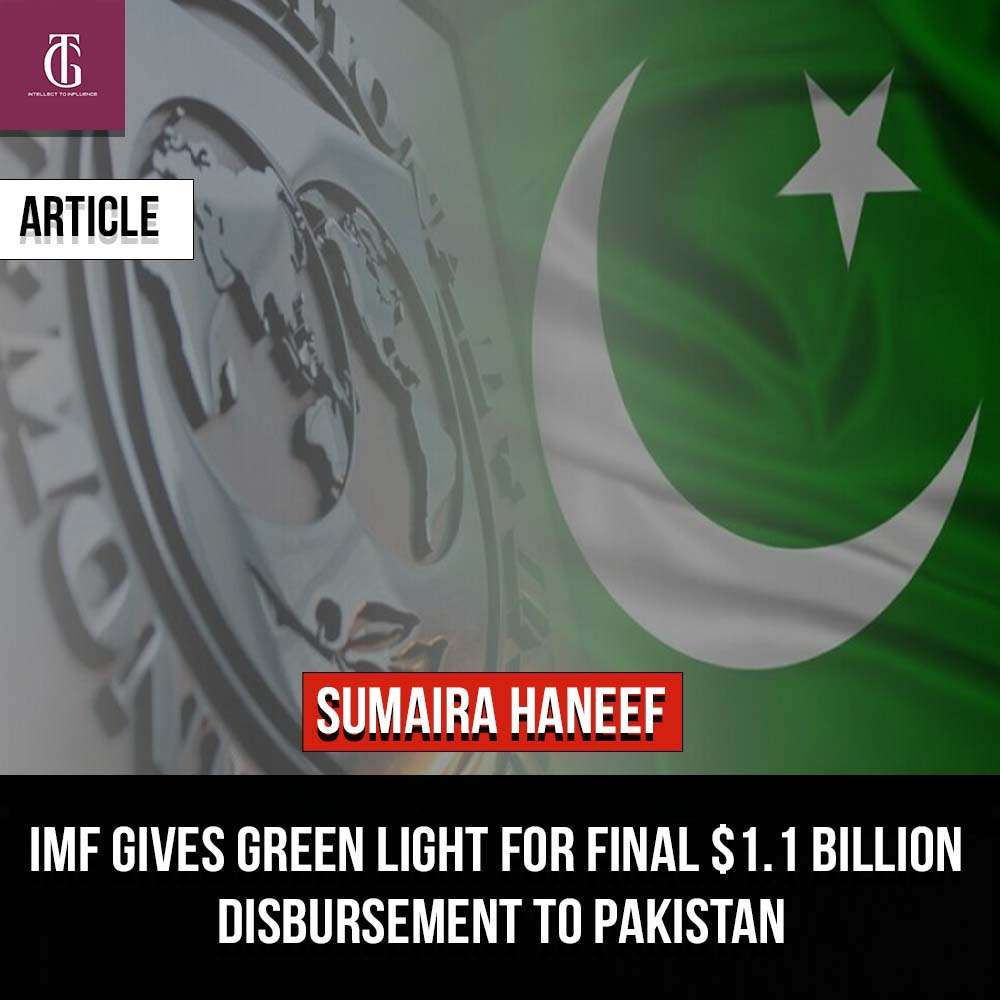
To complete the second review under the Stand-By Arrangement, the IMF Executive Board agreed on an immediate transfer of $1.1 billion to Pakistan, bringing the total amount of disbursements to $3 billion. Except for India, every board member was in favor of the last installment’s release. The clearance came just one day after the World Economic Forum (WEF) meeting in Riyadh, Saudi Arabia, when Shehbaz Sharif, the prime minister of Pakistan, spoke with Kristalina Georgieva, the managing director of the IMF, regarding a new loan program. After meeting with IMF Managing Director Kristalina Georgieva, Pakistani Prime Minister Shehbaz Sharif reiterated his government’s commitment to reviving the nation’s economy.
During a meeting at the World Economic Forum Special Meeting, the Prime Minister emphasized his administration’s commitment to structural reforms, budgetary restraint, and smart measures for sustained economic growth. In a statement, the central bank stated, “SBP has received SDR 828 million (about $ 1.1 billion) in value 29 Apr 2024 in its account from IMF.” “SBP’s foreign exchange reserves for the week ending on May 3, 2024, shall reflect the amount.” Pakistan avoided a sovereign default by successfully securing a $3 billion IMF program in June of last year.
The second and final IMF review of Pakistan’s economic policy is now complete, with a focus on the country’s economy stabilizing and experiencing moderate growth. To transition from stabilization to a robust and long-lasting recovery, the IMF is pleading with Pakistan to keep up its reform and policy initiatives, particularly the rigorous enforcement of fiscal targets. The IMF also stresses how important it is to protect the vulnerable from any unfavorable consequences of these measures. The IMF also stresses how crucial structural changes and an exchange rate set by the market are to inclusive growth.
Under the 2023 Stand by Arrangement (SBA), Pakistan has made significant strides towards regaining economic stability, according to Deputy Managing Director Antoinette Sayeh. To achieve greater, more inclusive, and sustainable growth, she underlined the necessity of ongoing macroeconomic policies and structural changes. A primary surplus was achieved in the first half of FY2024 thanks to the authorities’ revenue performance and federal spending restriction, but ongoing revenue mobilization initiatives and spending discipline at the federal and provincial levels remain essential. Tariff changes and increased collection operations have stabilized the circular debt of the energy sector; but, cost-side reforms are also required to address the sector’s underlying problems and viability.
The strict monetary policy stance of the State Bank of Pakistan is still acceptable till inflation reaches more normal levels again. A market-determined exchange rate and additional foreign exchange market enhancements will help deflect external shocks and draw in capital, promoting growth and competitiveness. To achieve robust, long-term inclusive growth and job creation, structural reforms and ongoing protection of the most vulnerable through the Benazir Income Support Program are imperative. Developing climate resilience, bolstering governance and anti-corruption institutions, and pushing state-owned company reform are among the top priorities.
For a minimum of three years, Pakistan is seeking a new loan to establish macroeconomic stability and carry out long-overdue reforms. Early in July, according to Finance Minister Aurangzeb, an agreement at the staff level might be reached. If authorized, this will be the 24th IMF bailout for Pakistan. To start negotiations for a new, long-term Extended Fund Facility (EFF) with a potential value of between USD 6 and USD 8 billion and the potential for augmentation through climate funding, the IMF delegation is anticipated to visit Pakistan in May.
Once the main features of the upcoming plan have been agreed upon, the precise scope and duration will be decided in May 2024. The government’s intention to seek another IMF bailout was criticized by former prime minister Shahid Khaqan Abbasi, who pointed out that IMF accords were to blame for prices rising and economic progress halting. Pakistan must repay over USD 24 billion in debt and interest over the governing fiscal year, posing a debt and interest catastrophe. In the fiscal year that ends in June, the country’s economy is predicted to grow by 2.6%, with an average annual inflation rate of 24%.
Sumaira Haneef
Sumaira Haneef is a student of Educational Leadership & Management from International Islamic University, Islamabad.





